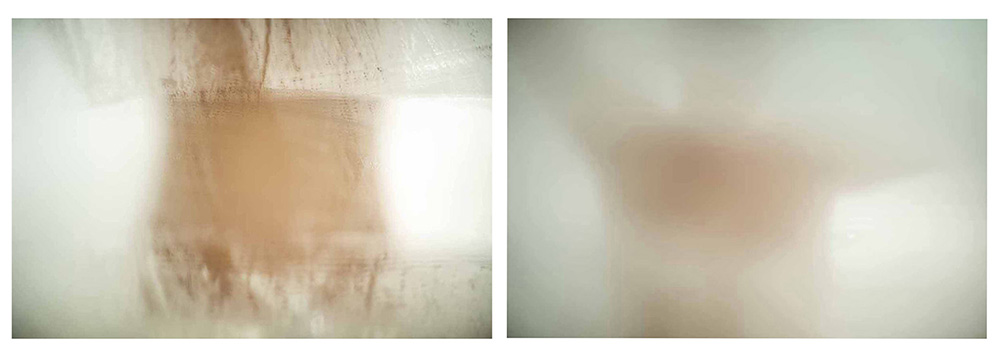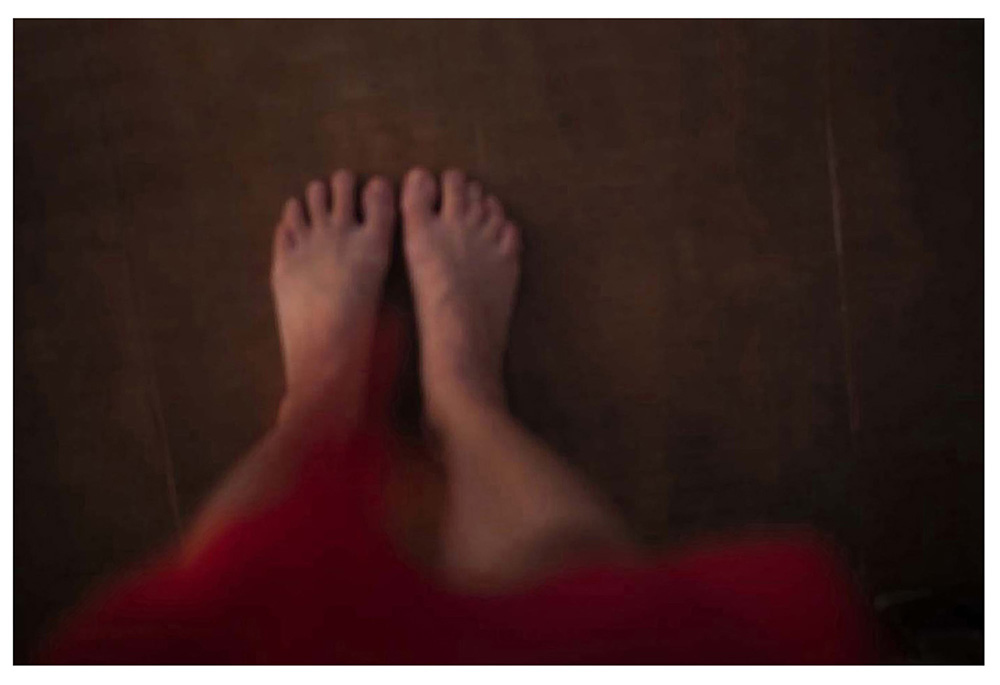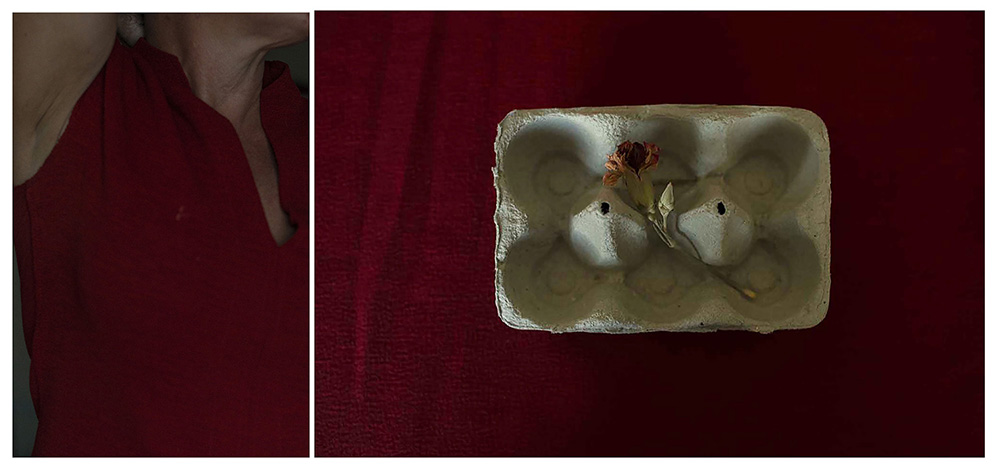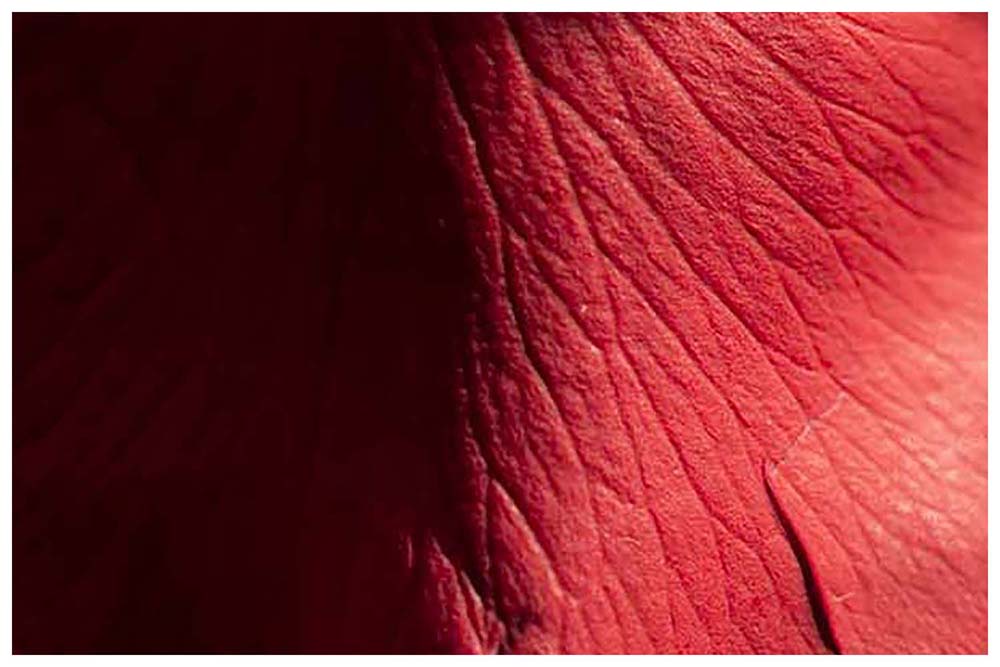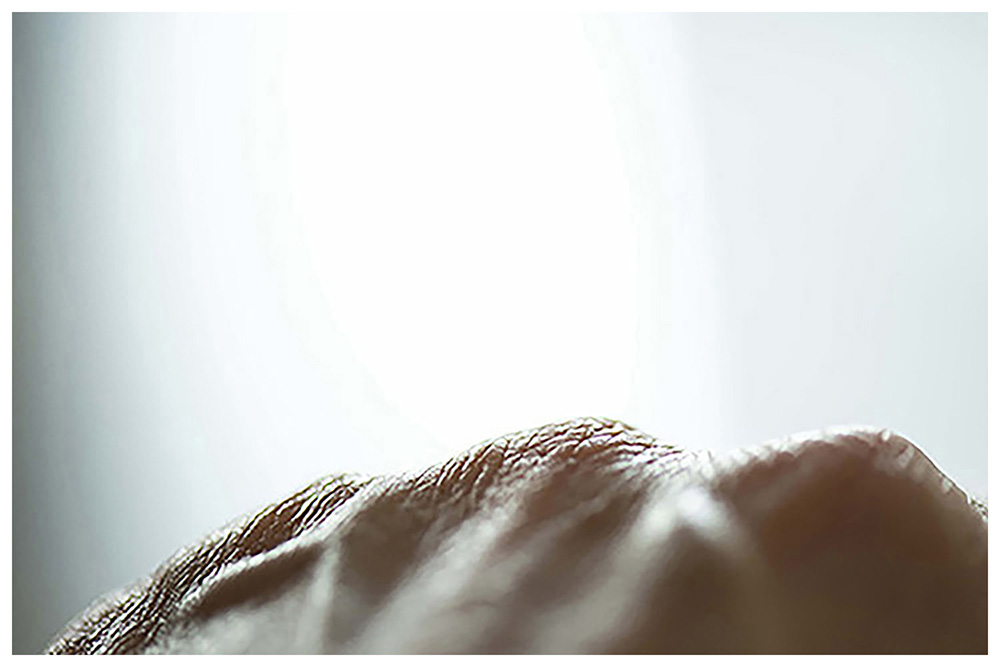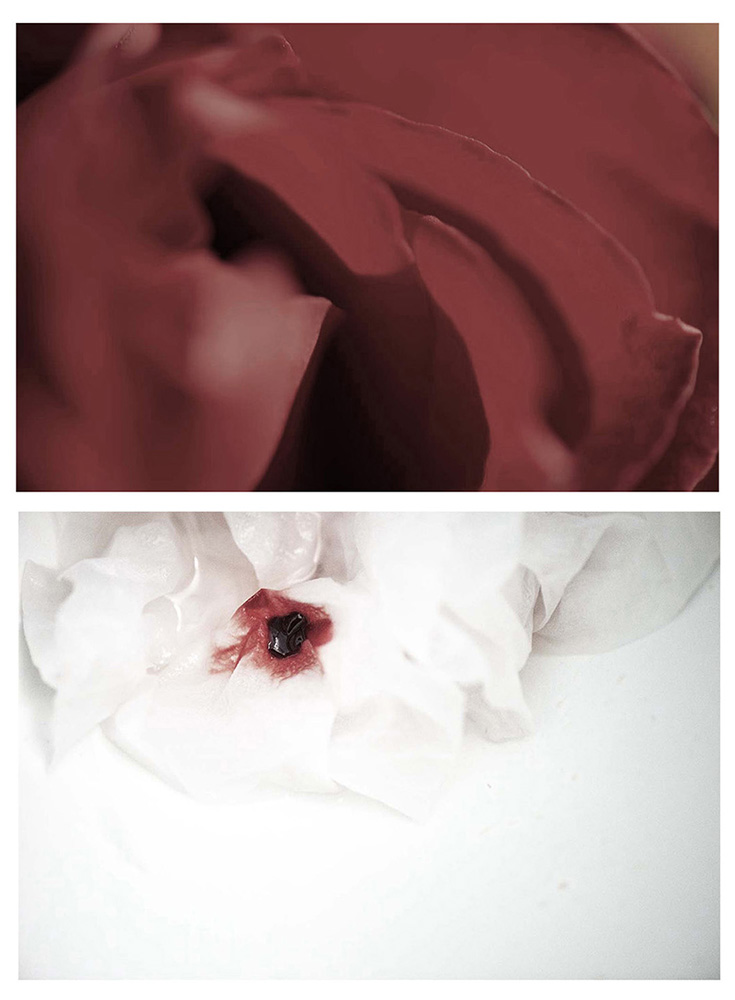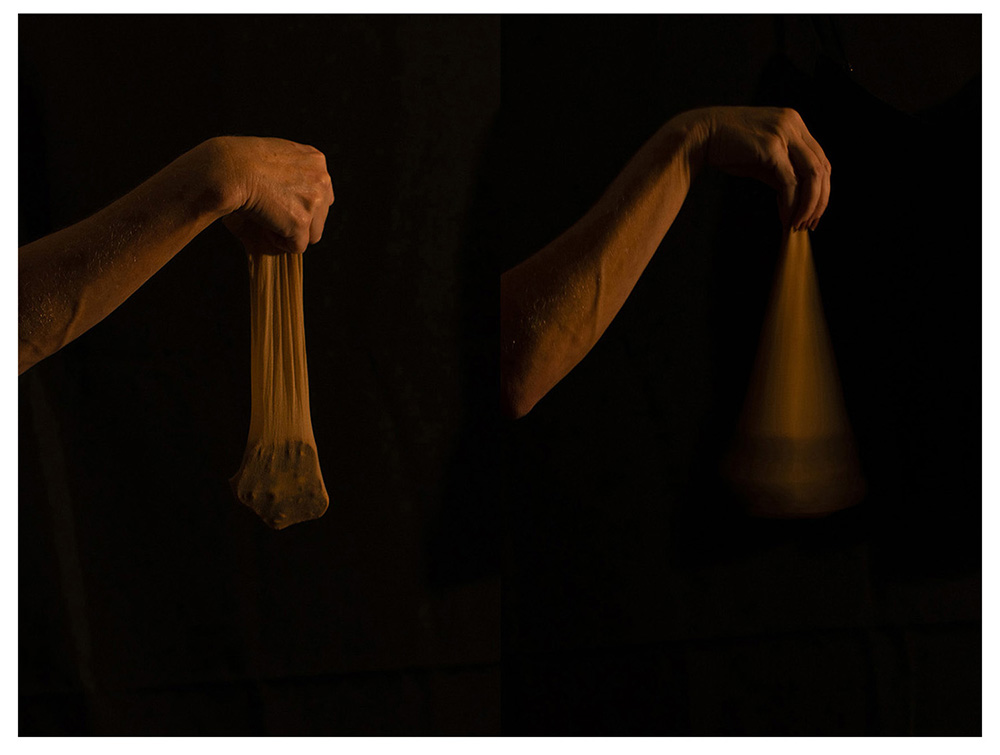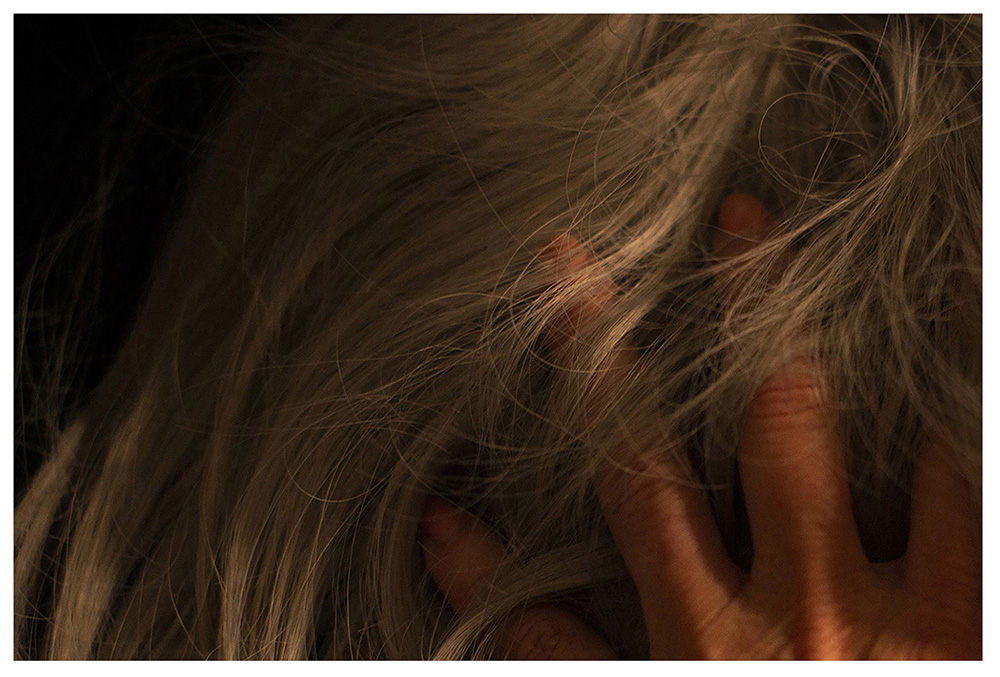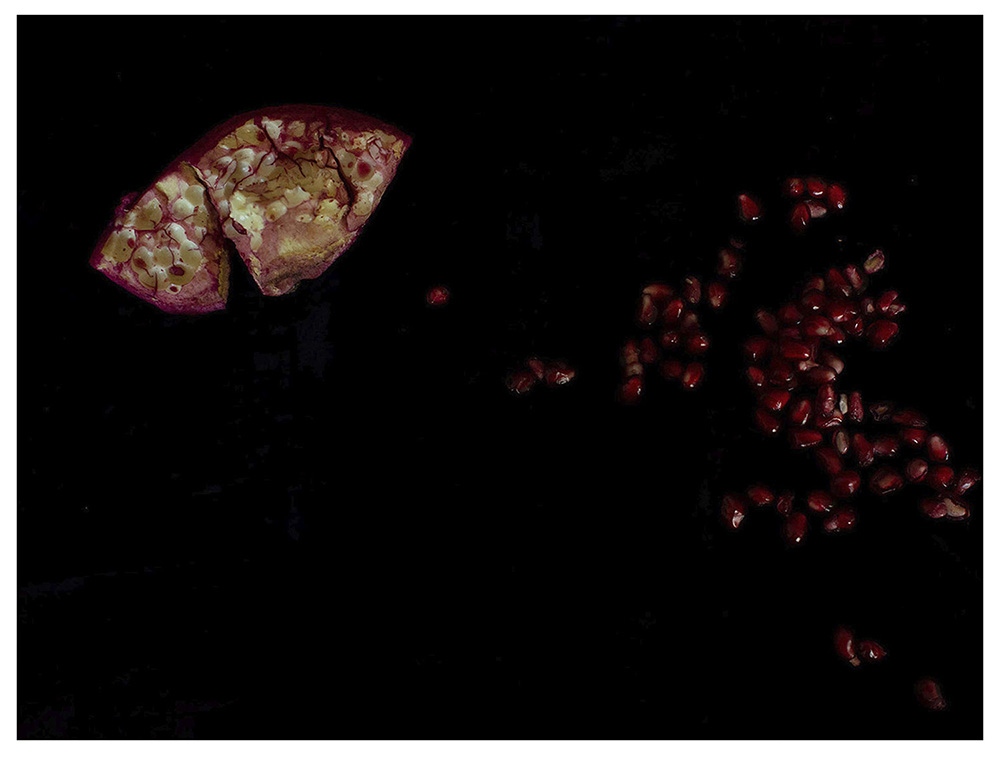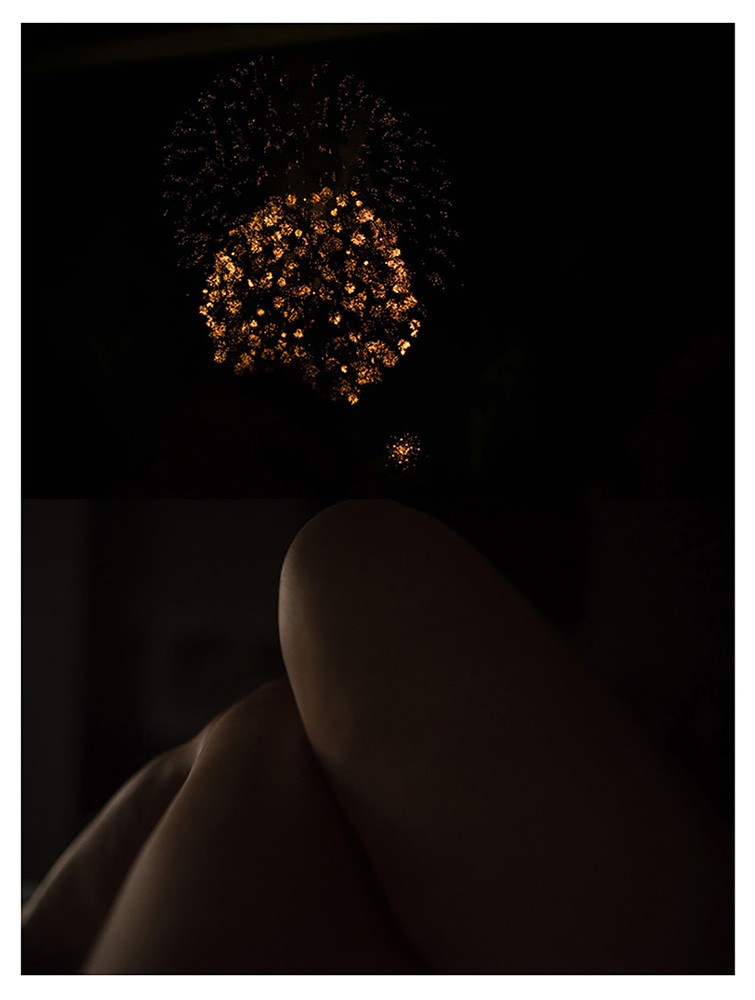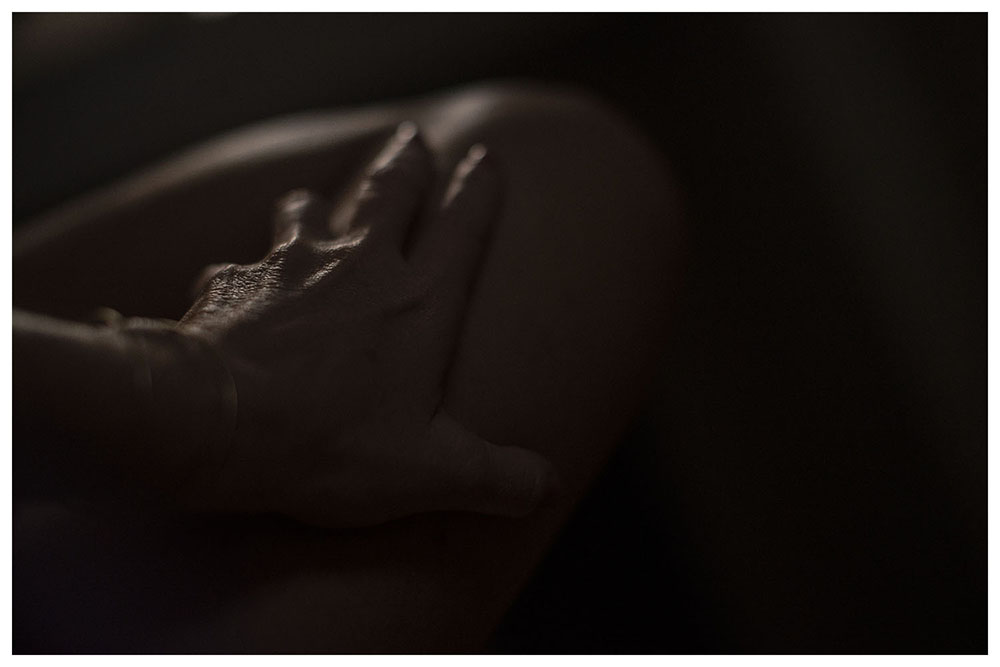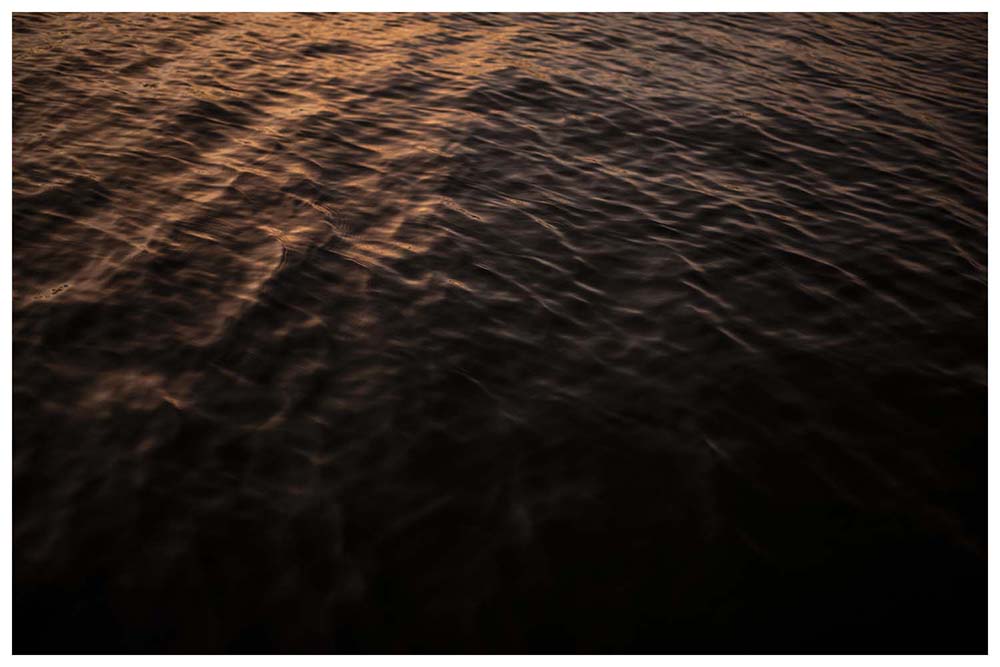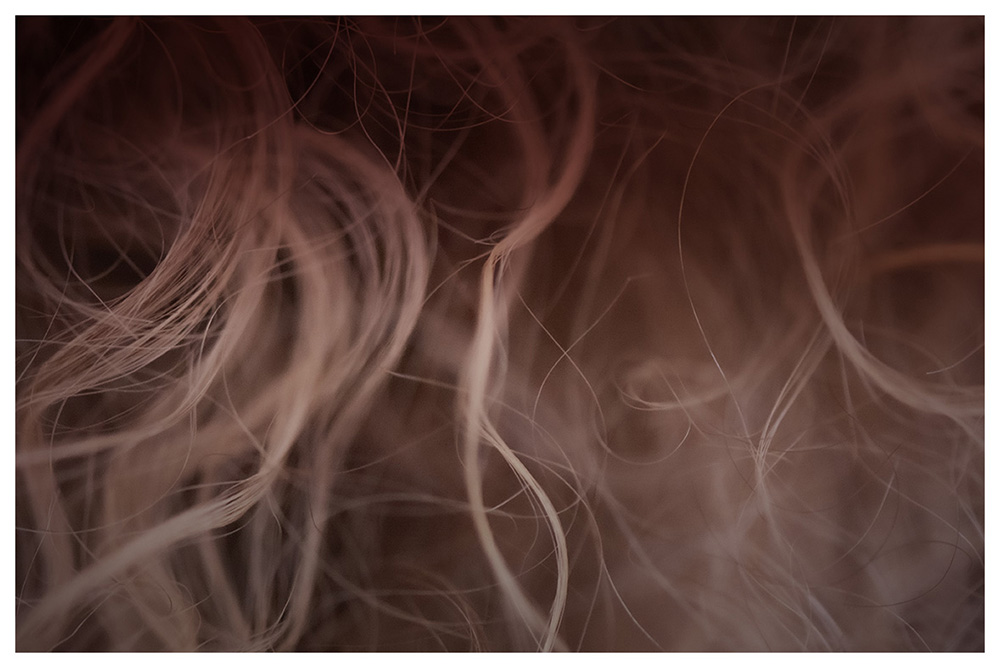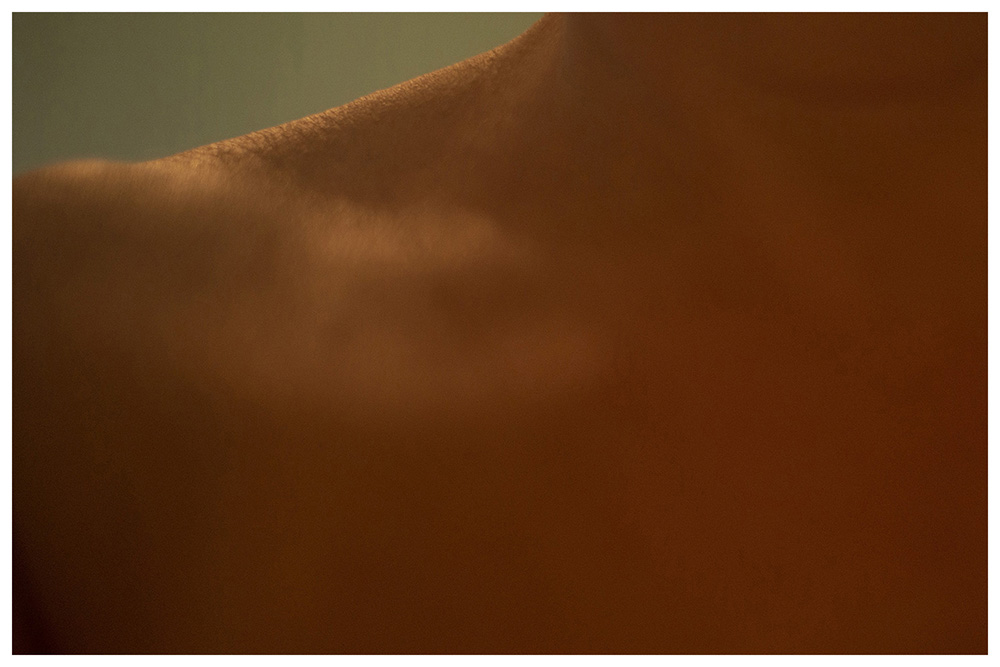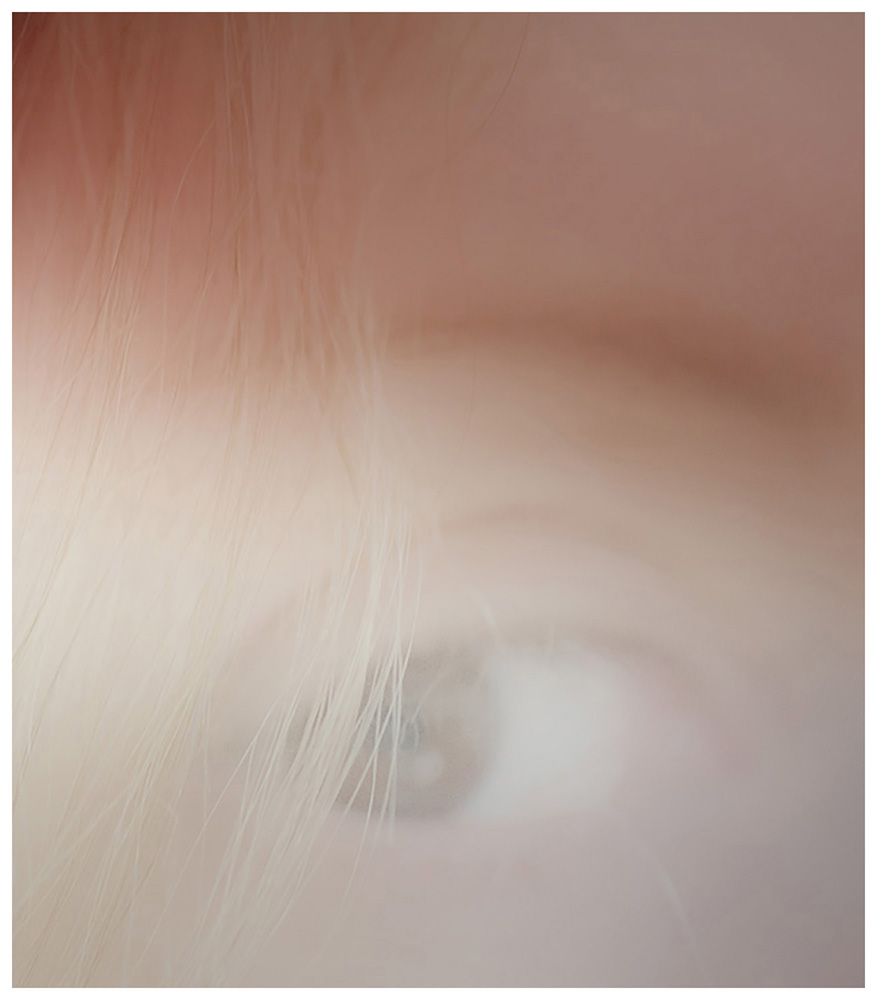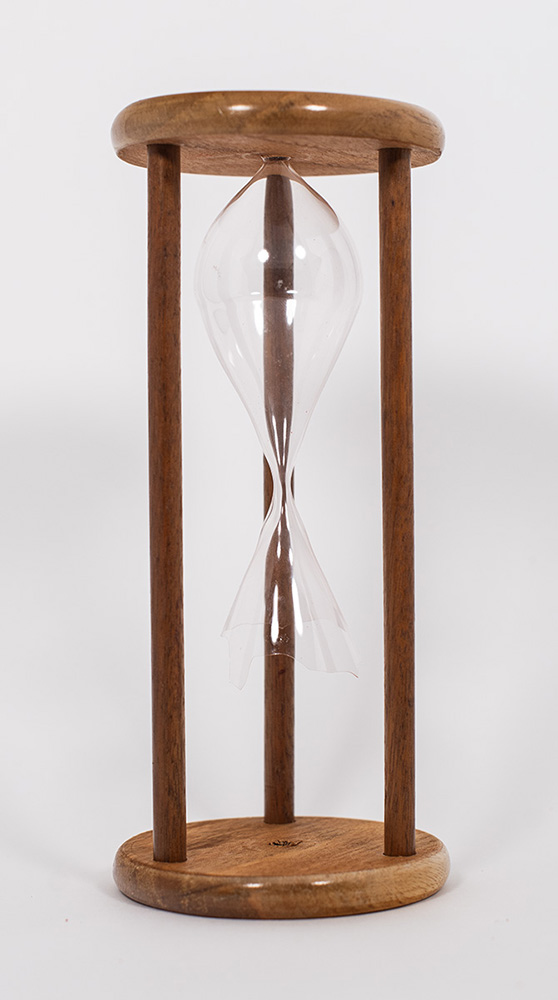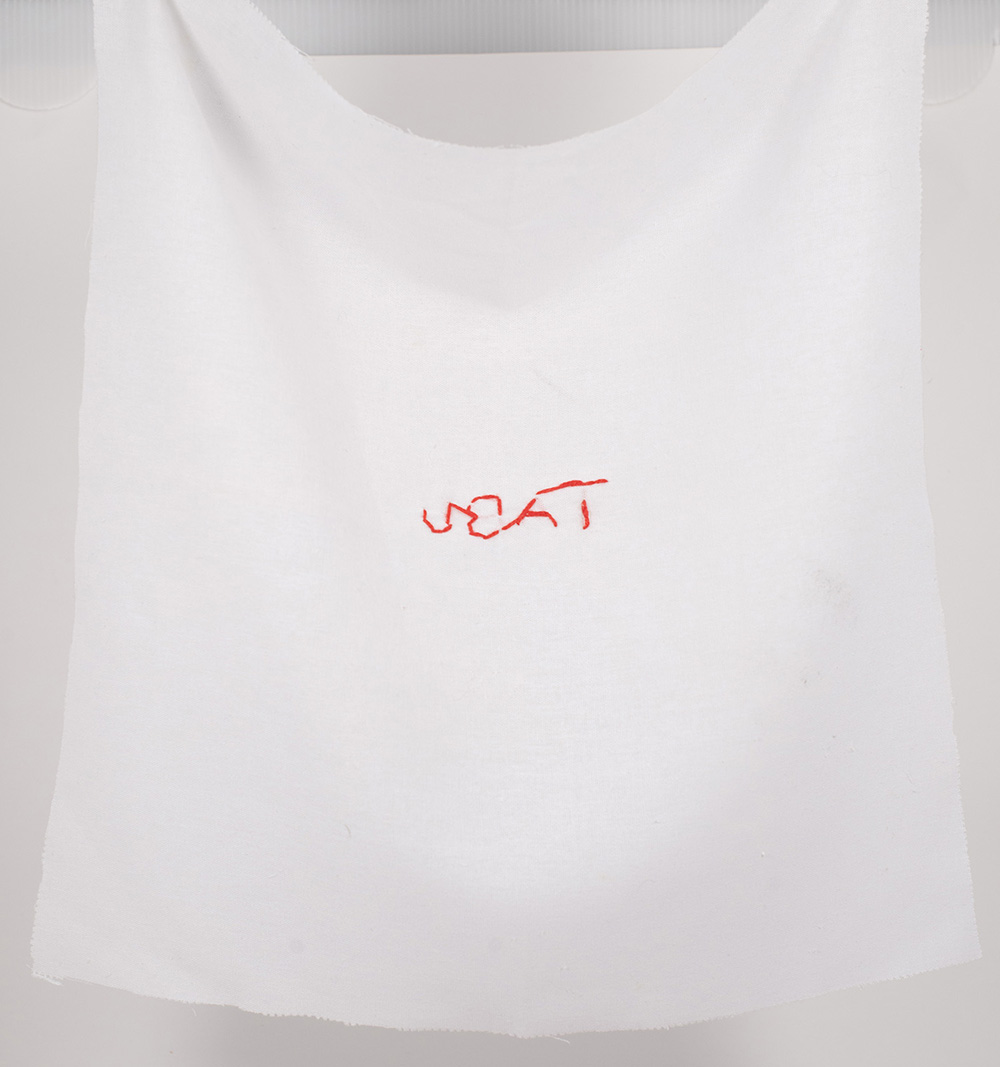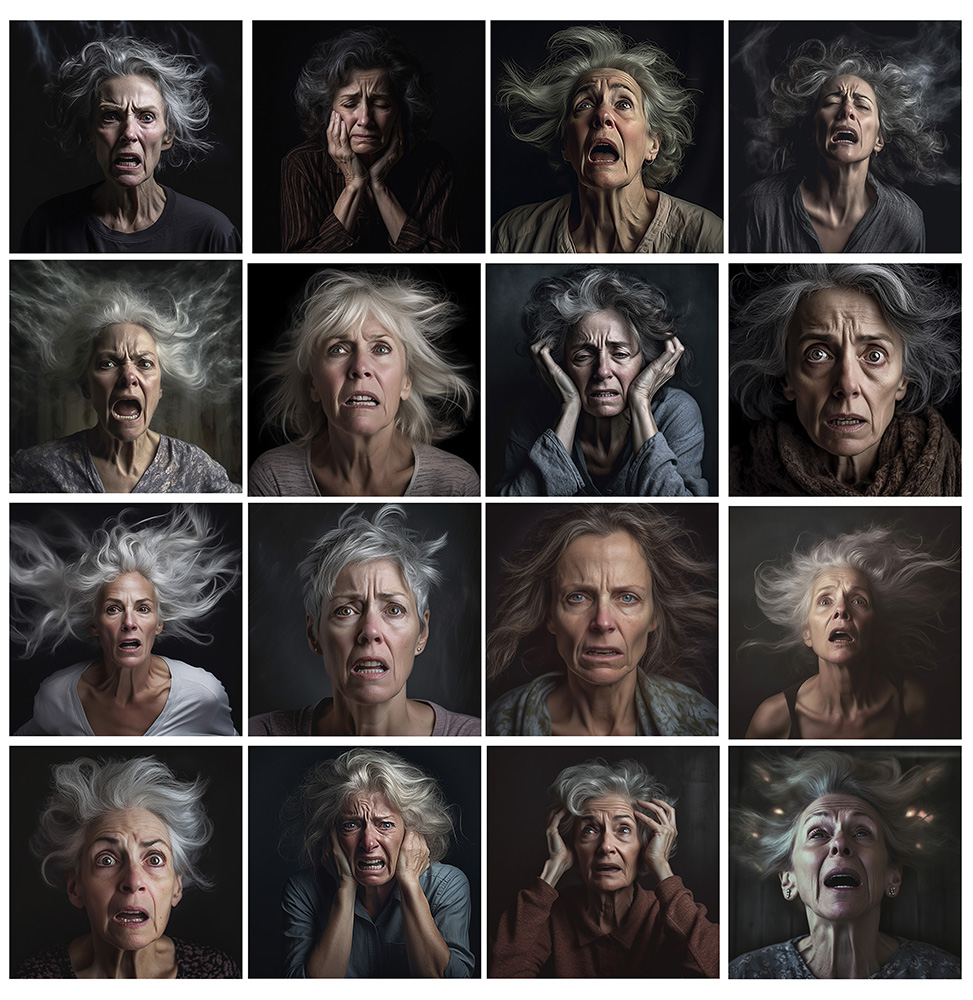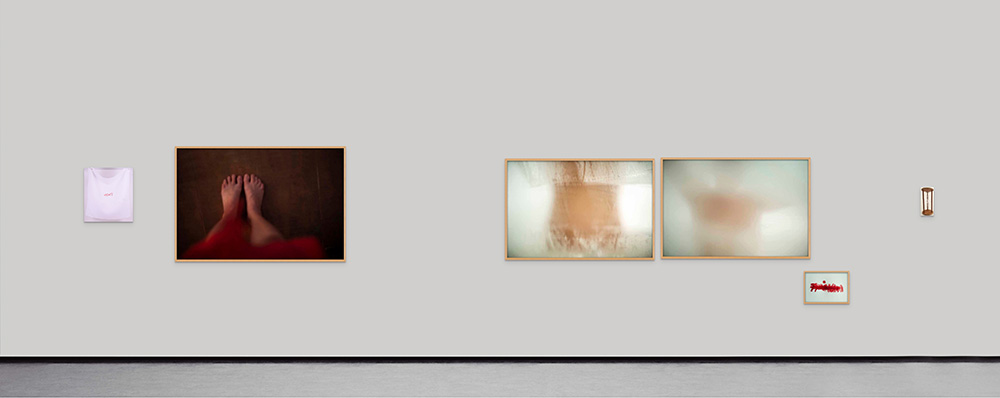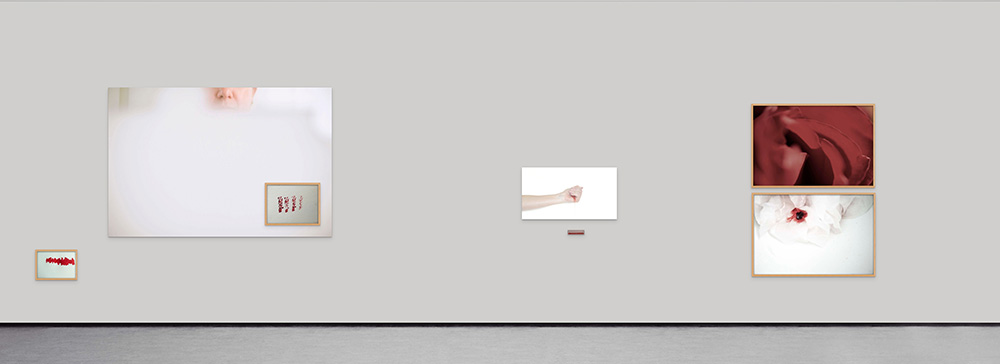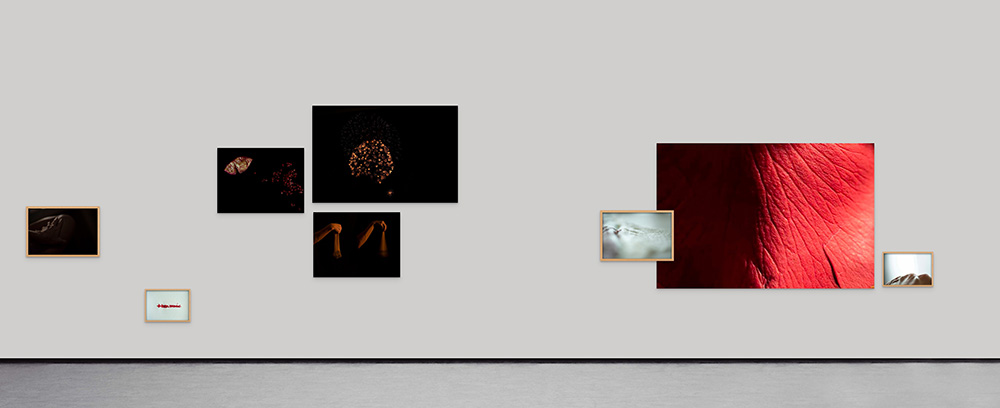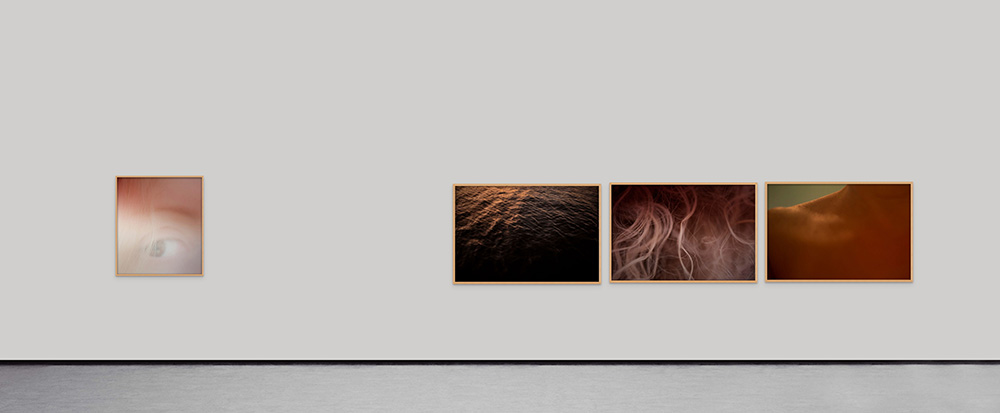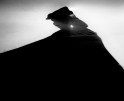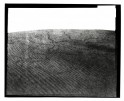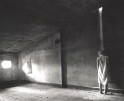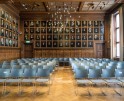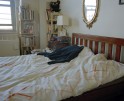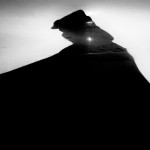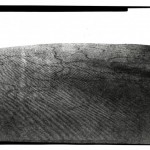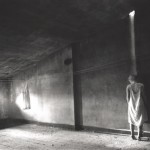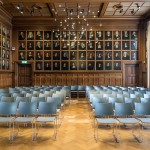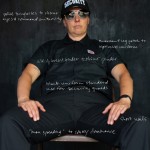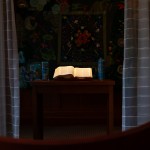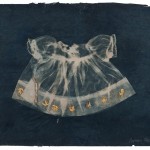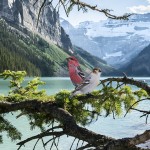Womanhood Week: Ana Leal: Menos Pausa
This week we dove into the feminine universe, addressing topics that are often controversial and stigmatized. Considering that October is Menopause Awareness Month, we finish the week with the work of the Lenscratch South American Content Editor, Ana Leal and her project, Menos Pausa. She makes work from the female perspective that is ethereal, enigmatic, and insightful.
Born in the Northeast of Brazil and based in São Paulo, Ana Leal is an artist who works primarily with photography. Leal investigates ephemerality and impermanence through records of the minutiae of nature and everyday life. With a strong influence of minimalism and impressionism, her works dialogue with abstraction and have a strong poetic charge.
Completed projects include Acasos (2023), Apparent Insignificance (2020 – 2022), The Interludes not seen (2020 – 2021), Amazonia Sutil (2019), Psychological Landscapes (2017 – 2018), and Concrete Reality (2016 – 2017). Currently working on the long term-project Menos Pausa.
Leal is a Gold Award winner at the 2020 TIFA and the 15th Julia Margaret Cameron Award Winner in the abstract category. She also received a Bronze Medal at the ND Awards 2021 and Honorable Mentions at the IPA 2021, Rotterdam Photo 2021, Prix de La Photographie Paris 2019, and the 15th Pollux Awards. She completed her MFA at the Miami International University of Arts and Design (2018) and the Professional Photography Course at the Pan-American School in São Paulo (2013). Her work is part of the Florida Museum of Photographic Arts – FMoPA collection. She also works as content editor for South America on the international online platform Lenscratch.
Instagram: @analealphoto
Menos Pausa by Ana Leal
“Menos Pausa” is an ongoing long-term project, which covers a series of visual arts works of the same name, primarily composed of photographs, and accompanied by videos, watercolors, monotypes and objects. The images share a subjective point of view. The watercolors, engravings and objects seek to give materiality to the organic necessarily involved in the subject. As a technological counterpoint, one of the videos presents AI’s “vision” on menopause, reinforcing how distorted and exaggerated the “collective imagination” on the topic is.
The project is an autobiographical visual diary that reflects on the climacteric period and menopause in its physical and psychological consequences, common to all women. Through a mix of aesthetic elements, I poetically translate my feelings and reflections during this period, positioning myself against all the misconceptions about the subject.
The “Menos Pausa” photographic essay is composed of images where I seek to recognize myself, physically and metaphorically, after 5 years living with menopause. In this process of natural transformation, with physical and psychological ups and downs, the notion of disappearance, both personal and social, has been striking. On the one hand, it is as if what I understood as “identity” was falling apart: I became unaware of certain aspects of my body and my behavior; on the other hand, that same body now seems invisible to the eyes of others.
The set of works includes a composition of sensory photographs. I present textures that highlight the organic nature of things and allude to the skin, blurred images and plays of light and shadow that highlight the understanding of a still unknown territory, and the contrast between light and dark, vibrant and soft images, referencing the ups and downs of the process, and I use metaphors for the passage of time and end of fertility. The images share a subjective point of view, a first-person perspective.
Menopause unfortunately still carries many taboos resulting from a patriarchal perspective on the female body, which combined with ageism marginalizes mature women in a society that values the consumerist euphoria of eternal youth, making menopause an avoided subject. With this work, I propose to break the public silence about this topic, using my voice – which also represents so many other women – to make it visible, and propose a new approach to the subject. I point out, subtly and poetically, the invisibility that society imposes on us daily, the feelings of uncertainty and loss that manifest themselves intimately, the new textures of our bodies, and a sensuality that, yes, still exists.
The work highlights the importance of promoting, in the field of visual arts, narratives that present issues related to womanhood.
Coming from a patriarchal family in the Northeast of Brazil, I began my path in the art world when decided, almost at age 50, to dedicate myself to an old passion: photography. With a female gaze and perspective, I focus my research on psychological matters.
I am now an artist who works primarily in photography, considering it a tool both to portray and to escape reality. I mainly investigate themes related to ephemerality, fragility and impermanence, through records of the minutiae of nature and everyday life. With a strong influence of minimalism and impressionism, my images dialogue with abstraction and have a strong poetic charge.
Shooting both analog and digital I use the camera to engage, reflect and share feelings and sensations. It’s a conversation between me, my senses and the camera as a tool, and my way of pushing the boundaries of photography. It is also very important to me that the images have a constant dialogue between them. Many can stand alone, however, the dynamic of placing them as diptychs, triptychs or in a montage is an integral part of my practice.
Through my gaze, I wish to offer the spectator an invitation to reflection, making him a witness to the sublime and implicit interconnection between the most banal and profound things in life. – Ana Leal
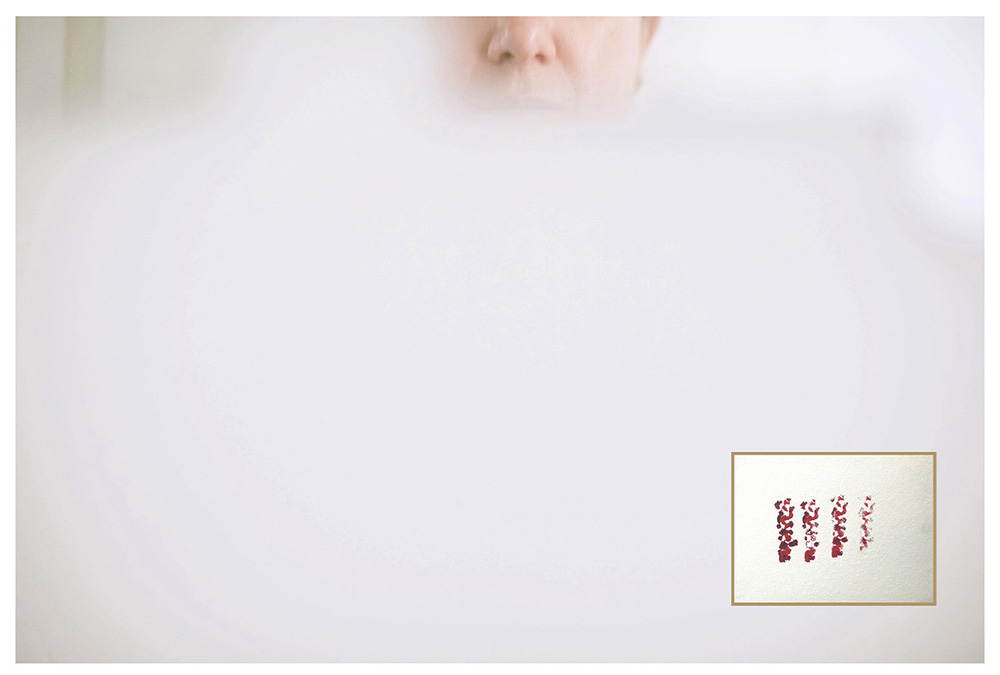
Ana Leal, Carefree, 2023, Composition. Digital photography printed on vinyl + Monotype made with absorbent and oil painting on cotton paper. Total dimension: 115 x 173 cm.
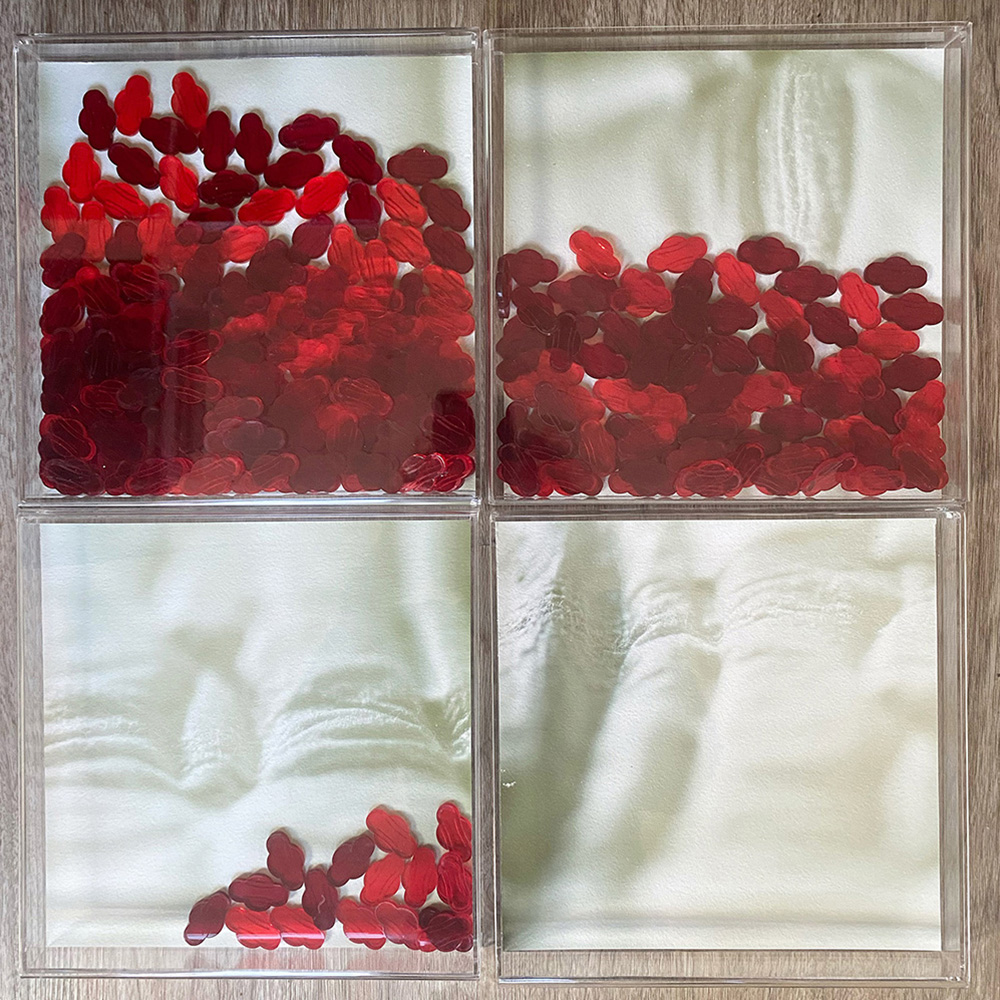
©Ana Leal, Sem Regras, 2022, Polyptych – 4 acrylic boxes with macro photography + small red acrylic absorbents – 44 x 44 cm.
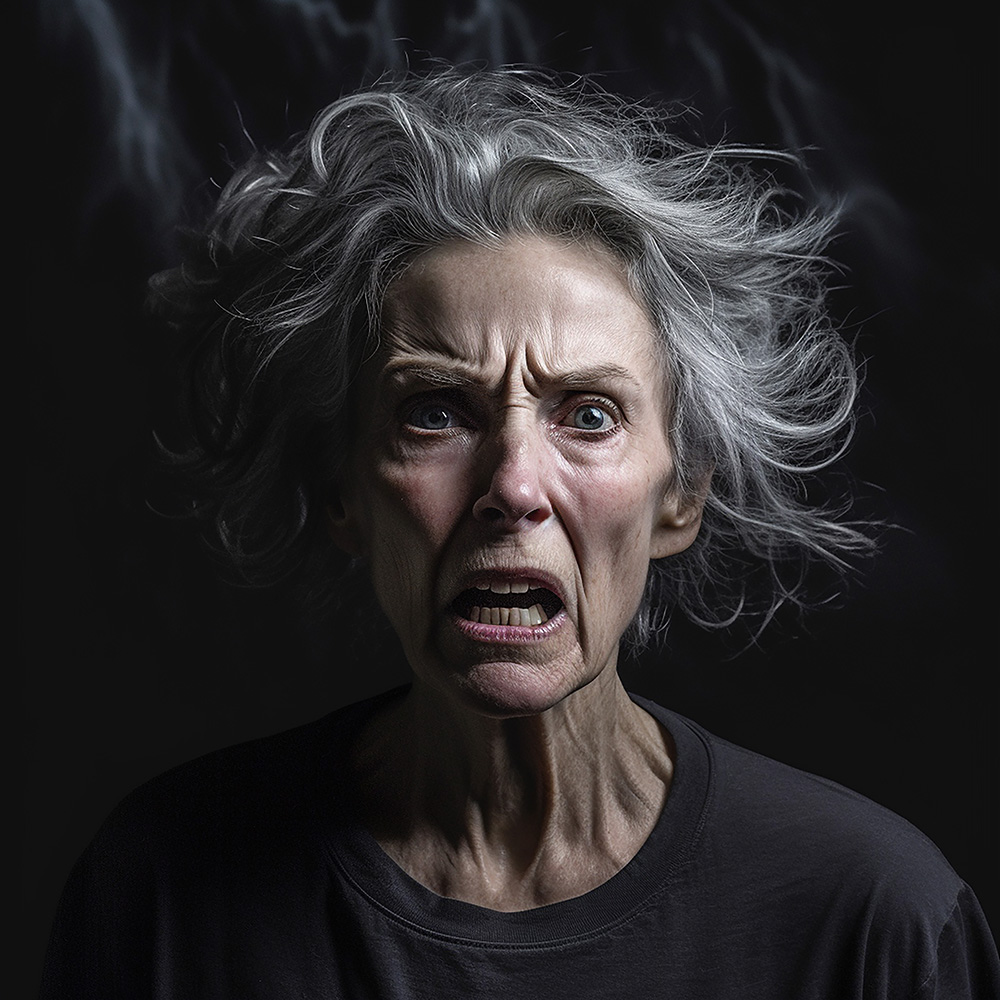
©Ana Leal, Imagine : Relatos da IA sobre a menopausa, 2023. Screenshot from a 1’video made with images generated by AI.
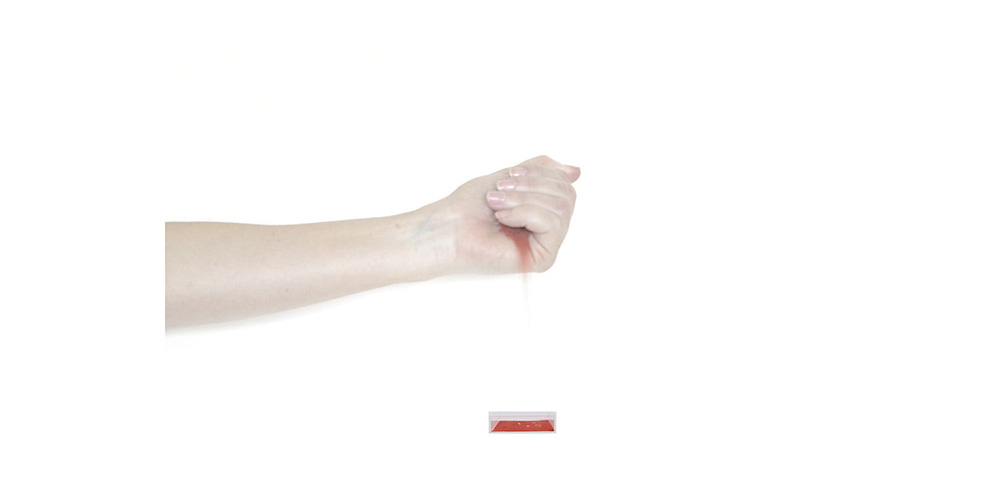
Ana Leal, Fluxo, 2023. Screenshot. Looping projection 58”video + small acrylic box containing the hourglass sand.
Posts on Lenscratch may not be reproduced without the permission of the Lenscratch staff and the photographer.
Recommended
-
Jonathan Silbert: InsightsFebruary 19th, 2026
-
Olga Fried: Intangible EncountersFebruary 18th, 2026
-
Anne McDonald: Self-PortraitsFebruary 17th, 2026
-
Review Santa Fe: Leslee Broersma: Tracing AcademiaFebruary 11th, 2026
-
Review Santa Fe: Ilana Grollman: Just Know That I Love YouFebruary 10th, 2026

